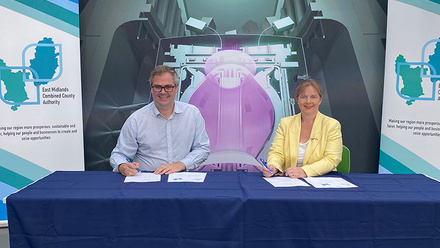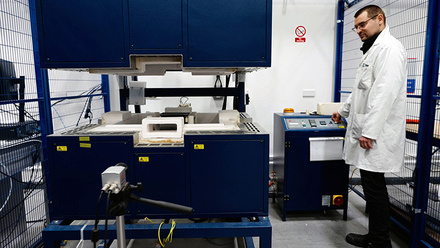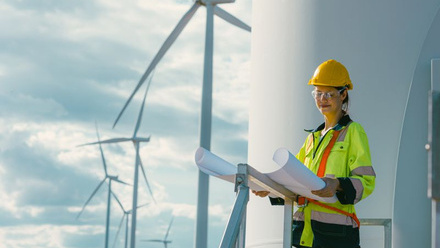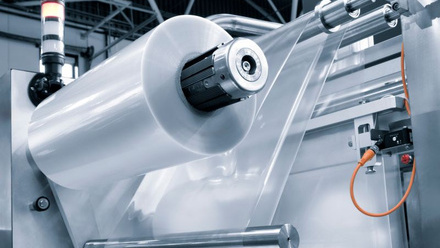New initiative reveals route for composite materials in UK wind turbine production
Joule Challenge Phase 2 project will focus on composite-based components for next generation wind turbines.

A £5mln, 20-month programme, funded by the Department for Business, Energy and Industrial Strategy (BEIS) through its Net Zero Innovation Portfolio (NZIP) will set out a detailed roadmap for incorporating radically new composite-based components in the next generation of offshore wind turbines.
The Joule Challenge Phase 2 project will be delivered by a collaboration of two Catapult centres - The Offshore Renewable Energy (ORE) Catapult and the National Composites Centre (NCC), part of the High Value Manufacturing (HVM) Catapult. The project will set out to prove that composite materials can deliver significant performance and light-weighting opportunities that will be essential to addressing the technical challenge of developing the next generation wind turbine platform beyond 20MW.
A key element of the project is the engagement with the UK composite and offshore wind sectors to gather market intelligence and explore the potential for how these next generation components can be manufactured and delivered, with the emphasis on increasing content of the UK supply chains.
Phase 1 of the Joule Challenge, completed in 2020, proved the importance of composite materials in enabling the next generation of offshore wind turbines. Phase 1 predicted impressive reductions in component masses of up to 60% and a reduction of embedded carbon of up to 55%.
The project has already produced a Technology Development Plan for a 20MW demonstration turbine, incorporating a programme framework, identification of critical technology gaps, potential partners and stakeholders and a detailed technology development path.
The UK has significant expertise in High-Value Design and Manufacture (HVDM) and specifically the design and manufacture of large composite components that have been fundamental in positioning the UK as a global centre of excellence in the aerospace industry. The Joule Challenge Project will capitalise on the unique opportunity to trigger an increase in the UK share of high-value components in the global supply chain for offshore wind and become a global centre of excellence for offshore wind HVDM.
Phase 2 of the project will therefore focus on developing concept components utilising HVDM expertise to capitalise on existing UK capabilities. It will also support the Offshore Wind Sector Deal’s ambitions to drive down the cost of energy through lower cost manufacturing, increasing UK content and developing export opportunities of between £60-80mln per year by 2030.
The Joule Challenge Phase 2 project was announced by Minister for Industry, Lee Rowley during a visit to the NCC facility in Bristol. He said: “The UK is a global leader in offshore wind and this funding will help to develop the next generation of wind turbines, propelling us further to a cheaper, greener electricity grid.







